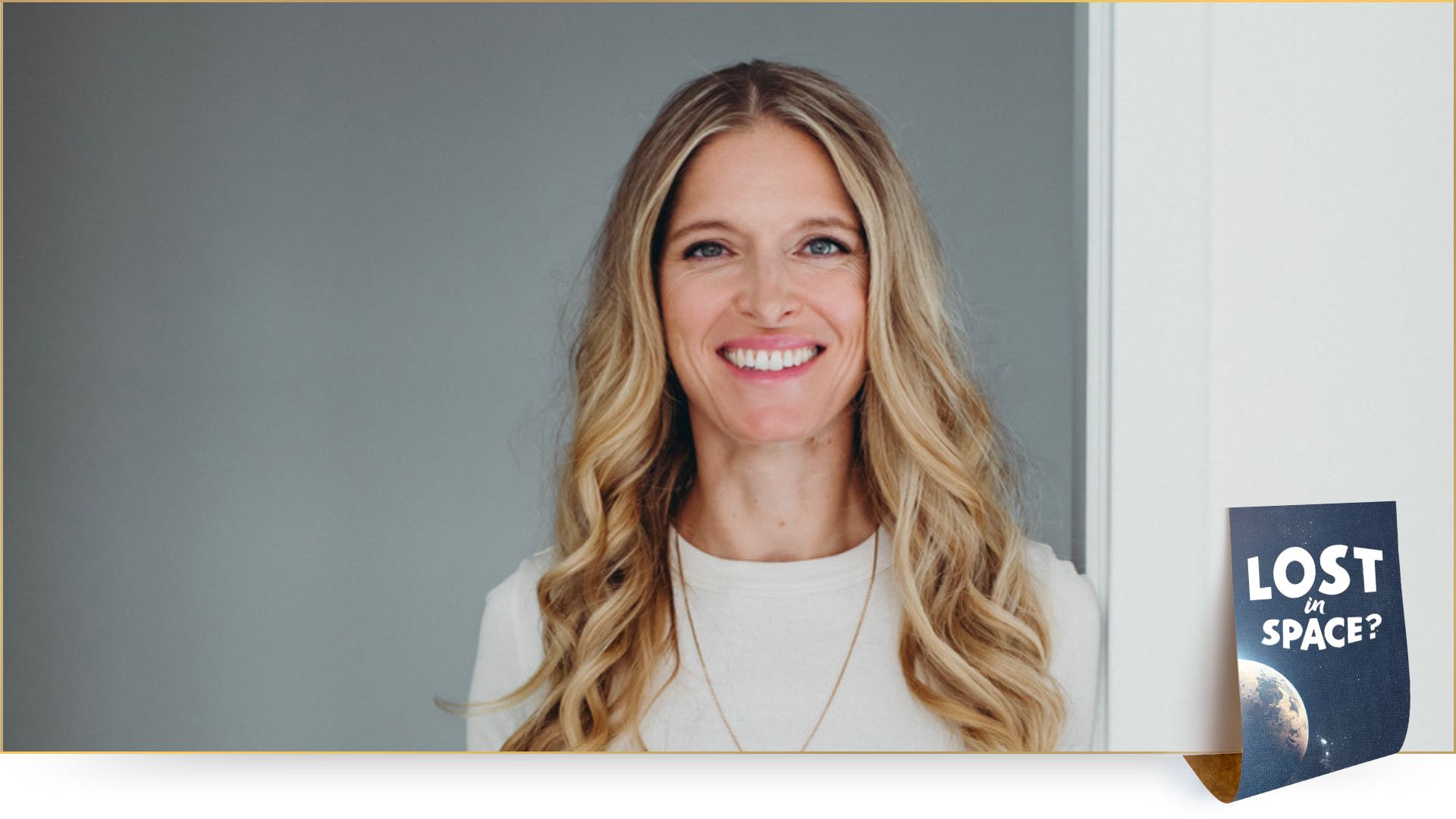
How to strike the ideal balance between your private pension provision and your work-life balance
The topic of retirement planning usually comes up relatively early for many employees and then remains a concern for many years. At the same time, everyday life often feels quite full, as professional tasks, family responsibilities, health issues, and personal time demands all intertwine and require constant attention. This quickly gives the impression that financial planning is yet another thing to think about. However, retirement planning can be structured in such a way that it fits quietly and unobtrusively into your everyday life and does not have to be constantly on your mind.
Why is private pension provision generally worthwhile?
When starting your career, the statutory pension scheme initially provides a familiar basis. Contributions are automatically deducted each month, giving you an initial sense of security. However, on closer inspection, it becomes clear that this form of provision is primarily designed to cover basic needs. Personal wishes, changes in lifestyle, or additional expenses later in life can often only be covered to a limited extent.
This is precisely where private pension provision comes in. It expands the existing framework and creates significantly more financial leeway.
Private pension solutions allow individual preferences to be better taken into account, such as a flexible transition from working life or more freedom in organizing everyday life in old age. Often, it is less about individual figures or amounts and more about the reassuring feeling of being able to influence your own future and not completely relinquishing control over important decisions.
How can you easily integrate retirement planning into your everyday life?
A busy schedule does not necessarily mean that there is no room for retirement planning. The key is to approach the topic calmly and without additional pressure or stress . A good first step is to get a rough overview of the situation. This can often be achieved by reading up on the subject online and gathering basic information.
If you would like personal guidance, you can also make an appointment for an individual consultation. Such a conversation provides clarity and helps you to better assess your own options without having to work your way through a mountain of information on your own.
What types of pension plans are available?
When you start looking into retirement planning for the first time, you will quickly come across a range of different options. This may seem overwhelming at first, but it can be easily organized.
Common pension options include, for example:
- Fund-linked savings plans, such as ETF savings plans, where a fixed amount is automatically invested each month.
- traditional private pension insurance policies that provide for regular payments in old age
- unit-linked pension insurance policies that combine long-term asset accumulation with subsequent pension payments
- Company pension scheme, for example in the form of direct insurance or through an employer pension fund
- Government-subsidized pension plans, such as the Riester pension or the Rürup pension, which are subject to certain conditions.
- flexible private reserves, such as long-term savings plans or investment accounts without fixed contractual obligations
Each of these options has its own advantages and focus areas. Some solutions offer a great deal of flexibility, while others provide clear structures and easily plannable security in old age.
If your everyday life leaves little room for organizational matters, pension solutions that run largely automatically are particularly suitable. Unit-linked savings plans with fixed monthly payments and company pension solutions are easy to integrate, as they run in the background and only need to be checked occasionally. This keeps the issue manageable and easy to handle even when you have little time.
Why should your personal life situation be included in the planning?
Your retirement provision will only be effective if it fits in with your actual life situation. Your income, family commitments, and career prospects influence which contributions make sense for you and which pension solutions are suitable.
But life stages change over time, and this should also be reflected in your planning. Part-time phases, parental leave, or career reorientation, for example, can best be taken into account if you rely on flexible concepts.
Regular reviews help you keep track of things and make adjustments in good time. This ensures that your pension provision remains realistic and continues to fit in harmoniously with your everyday life.
Financial planning and quality of life in harmony
A structured and forward-looking retirement plan does not stand in the way of a healthy work-life balance. Clear financial conditions often even lead to more peace of mind in everyday life.
When you know what your goals are and what your plans look like, you gain orientation and security, while also leaving enough time for personal wishes, relaxation, and spending time with family and friends.




